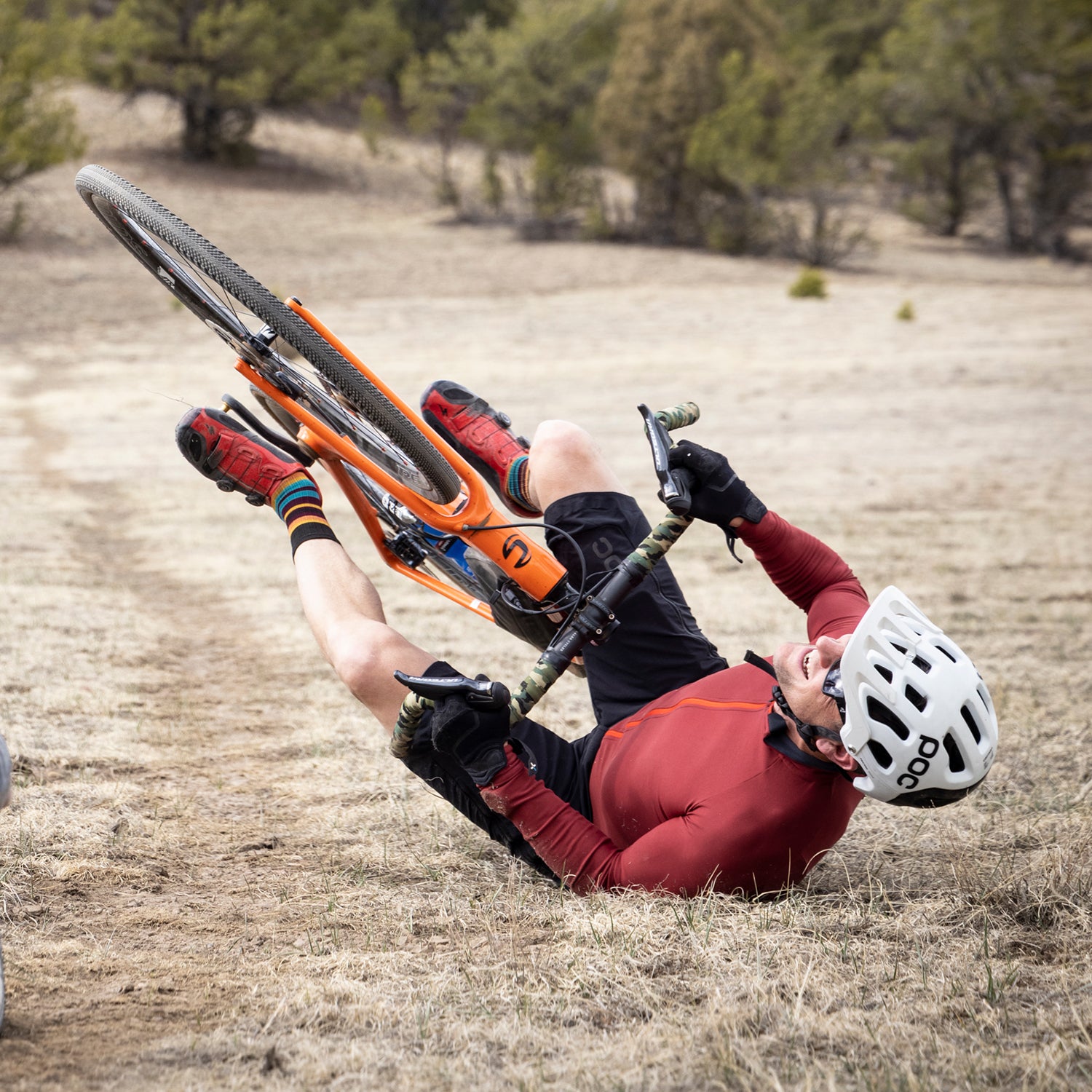It was late 2013. Explorers Ben Saunders and Tarka L’Herpiniere were on the return segment of their pioneering round-trip journey, on foot, from Ross Island to the South Pole, when desperation set in. Amid a ferocious blizzard, with temperatures dipping to minus 50 degrees Fahrenheit, their energy was flagging, and they didn’t have enough food to ride out the storm. Saunders made a fateful command decision—he called for a resupply. This would forever add a footnote to the expedition (it was now “supported”), but it probably saved their lives.
Saunders was no polar novice, but in setting out to achieve what had never been accomplished, he was in virgin territory. Which raises the point that sometimes even pros are basically beginners. Had the team erred in not bringing enough food? Perhaps. But what was the appropriate amount for a journey no one had ever made before? The very idea of adventure means stepping beyond one’s known world.
We’ve all heard the old saw that we learn from our mistakes. But as the American philosopher , mistakes aren’t just a chance for growth, they are “the only opportunity for learning something truly new.” Evolution proceeds by trial and error, he acknowledges, but without beginners making errors, “the trials wouldn’t accomplish anything.” The technology and the gear we rely on in the outdoors—stuff like Gore-Tex and mountain bikes—doesn’t emerge into the marketplace fully formed, but as a result of tinkering and even by accident. Neither do people emerge fully formed as mountaineers, surfers, or cyclists. Hidden behind that now confident facade is an entire history of crashes, slips, and frustrating plateaus, along with the ghost of an anxious newbie.
I offer these thoughts as a psychic balm to anyone starting out on a new pursuit. The hurdles are real. Even the myriad decision trees involved in gearing up (as hinted at in these pages) can be daunting for a beginner. As a longtime road cyclist, I recently, at age 52, bought my first mountain bike, and was swamped by the variety and almost ideological nature of the choices involved (27.5er versus 29er, hardtail versus full suspension, carbon versus aluminum). There was alien-to-me tech (wait, how much air do I put in the shock?) and a new wardrobe to acquire. But if I had solely focused on avoiding a wrong move, I would never have gotten started.
Then there’s the act of performing whatever your new activity entails, generally in public. When I switched to clipless pedals more than a decade ago, I woke up at dawn to practice getting in and out of them without being seen. Yet it wasn’t long before I went through what is a veritable rite of passage in cycling: failing to unclip at a stop sign and taking an earthward plummet, feet helplessly bound. With an audience.
There’s something weirdly life-affirming about getting through these moments of struggle. You’re making the same mistakes countless others have made, but they’re your mistakes. They’re not just little pitons of progress you’ve left nailed into the slopes of the learning curve, but inflection points that all together comprise some of the most salient moments you will ever experience. (And oh, the nostalgic glow you’ll feel when you see someone else make them down the road.)
When I ran a marathon for the first (and only) time a few years ago, I blew up around mile 18, then seesawed my way to the finish. In retrospect, this was not mysterious: I’d eschewed the recommended 20-mile training run. But in a sense, it was all for the good. I wanted the experience to be singular, not a robotic rehash of a sequence of workouts. I wanted to go where I hadn’t gone before. The painter Wayne Thiebaud describes the feeling of desiring to be a beginner, a sentiment you often hear among artists. “Sometimes that’s the whole joy,” he says. “If you could just do it, there’d be no point.”
That’s the spirit I urge you to embrace as you flip through these pages and explore the full scope of what’s possible in pursuit of an adventurous outdoor life. Don’t overthink it; plunge in and get out there. The neuroscientist Stanislas Dehaene explains that when you scan the brain of someone trying something new—like reading—all sorts of regions appear activated. As the person improves, brain activity quiets. We go on autopilot, which makes life easier. Later on, he notes, you can trigger that initial response only by making the activity harder. Which should remind us: To the beginner, everything is hard. But the brain is on fire. Enjoy that sensation while you can, because it’s difficult to recapture.
In the meantime, you’ll fall, get lost, violate someone’s sense of acceptable dress, but you’ll be doing it on your own terms, and you’ll be a bigger, bolder person—mistakes and all—than you were the day before.


